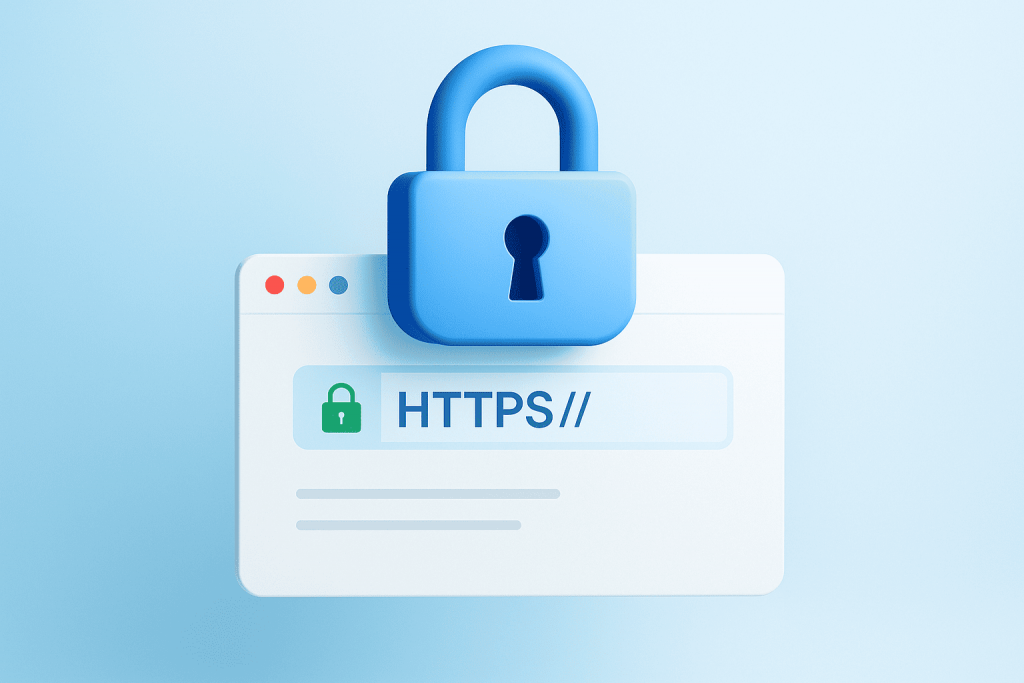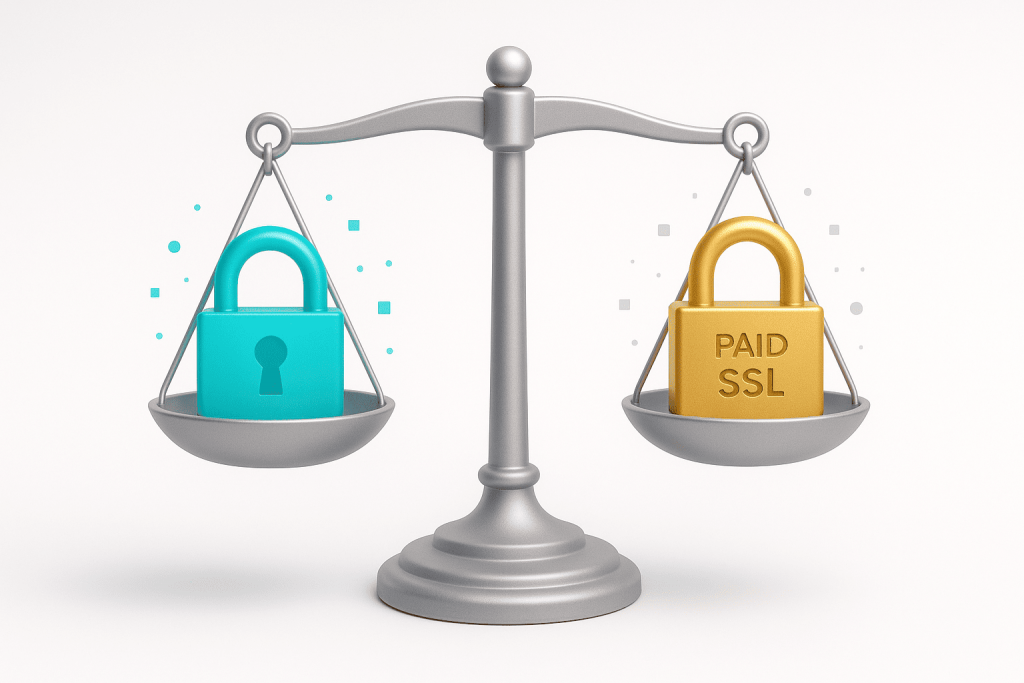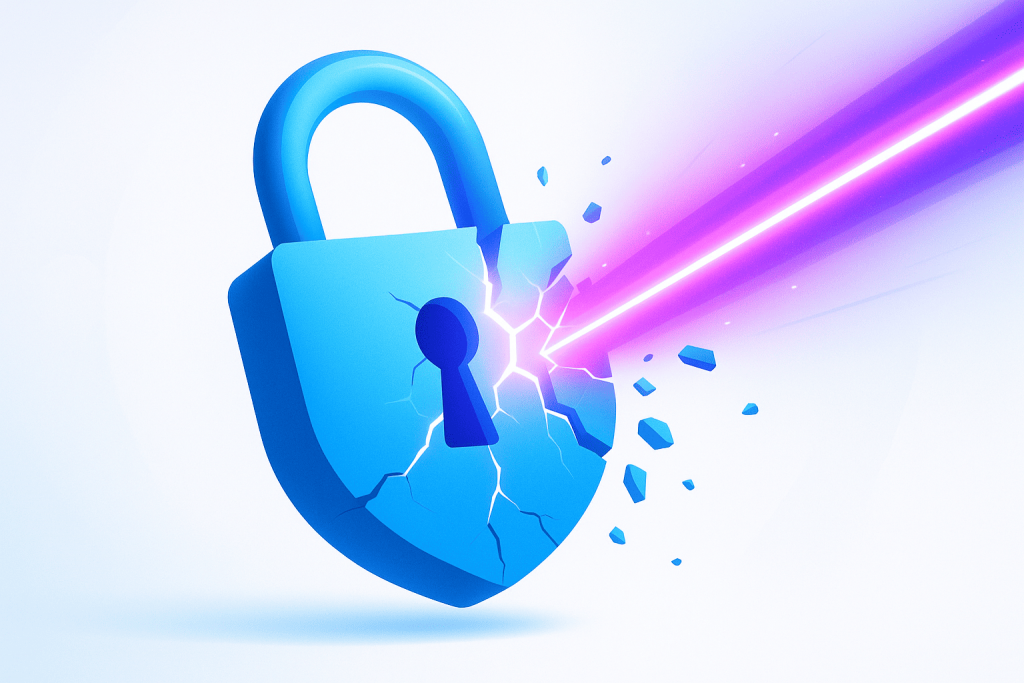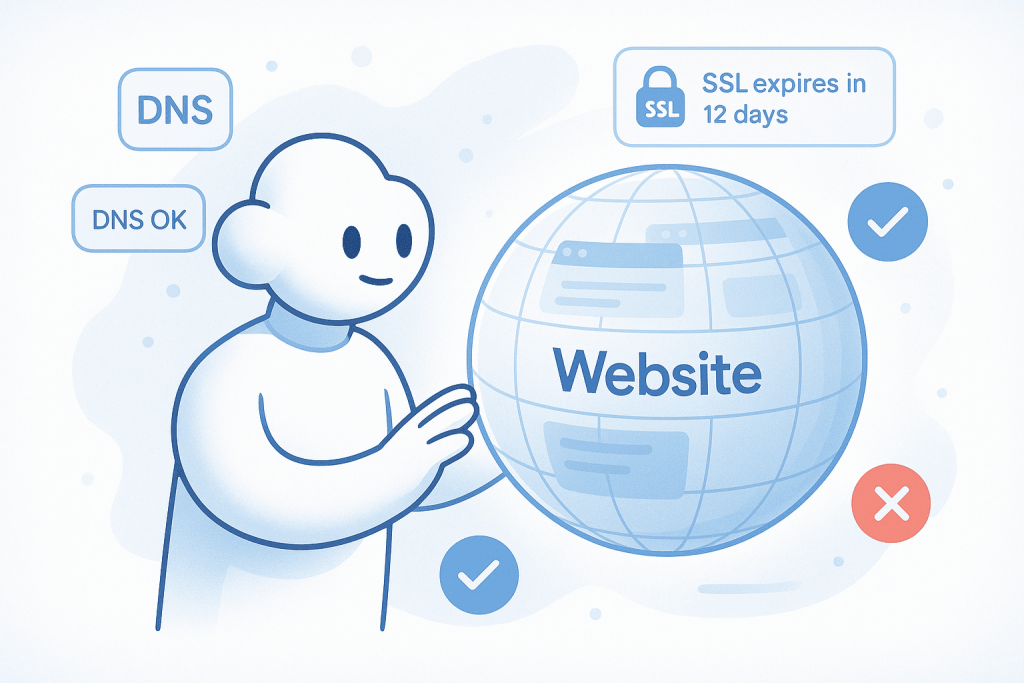
In an era when cyber threats are becoming increasingly sophisticated, protecting user data is not an additional option, but a mandatory requirement for any website. One of the key tools that ensures online security is an SSL certificate. It is responsible for data encryption, protects against interception of information and increases trust in the resource. But how to choose the right certificate? Let’s figure out how the different types differ, why HTTPS is important for every project and how to easily enable protection via RX-NAME.



